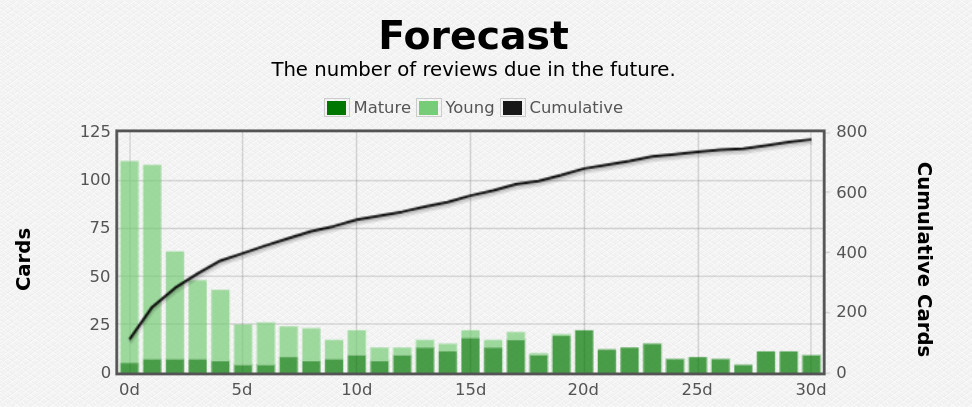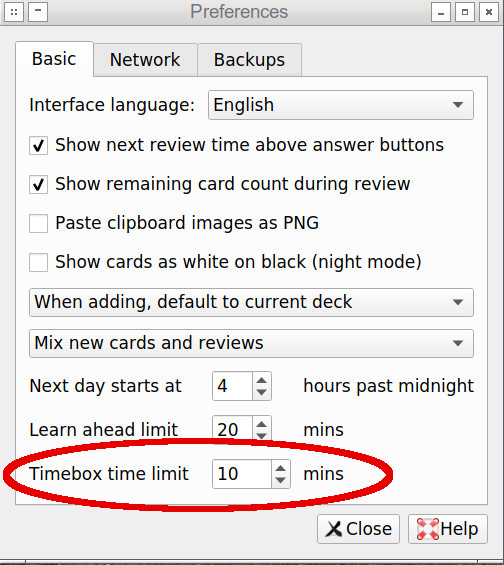Having recently gone through the rigmarole of yet more exams, I’m in a good position to talk about learning things*.
Spaced repetition has been around for ages, as has the wonderful program Anki. Based on the SM2 algorithm, it’s a valuable tool in the would-be reviser’s arsenal. I’m not here to convince you to use Anki in the first place, as that has been well-discussed elsewhere (eg this Reddit discussion or this recap of 10 000 flashcards.
The ’20 rules’
It’s a good idea to start off with SuperMemo’s Twenty Rules of formulating knowledge; this turned me on to Cloze deletion (which can be achieved Anki with a dedicated card type and shortcut for adding them) and better card formulation.
Recognition and two-way connections
I use reversed cards extensively now- wherever possible, basically. It help solidify connections, eg:
Front: What is the Warburg Effect?
Back: What is the name for the process whereby malignant cells gain energy by glycolysis (rather than oxidative phophorylation)
So if a discussion comes up about the Warburg Effect, you know that it’s very roughly about cancer cell metabolism (unless the people discussing it are plant scientists); and if you’re thinking “hey, what’s that thing called where cancer cells get energy differently”, you can easily recall the name too.
Timeboxing
When you see hundreds of cards in the ‘due’ column, finding motivation to sit down and work all the way through can be challenging. So, instead, set a time limit.
You can do that via the ‘timeboxing’ setting in preferences:
Knowing that you’ll only be at it for ten minutes (or less) helps you stay focused. I’ve found myself trying to get as many done in the time limit as possible…
Well, see how many you can lick in an hour. Then try to break that record.
*: Check back in a couple weeks to find out if I did indeed actually pass


